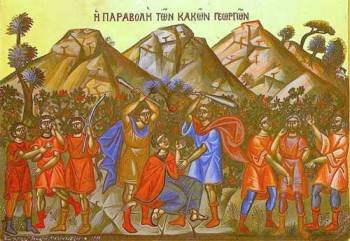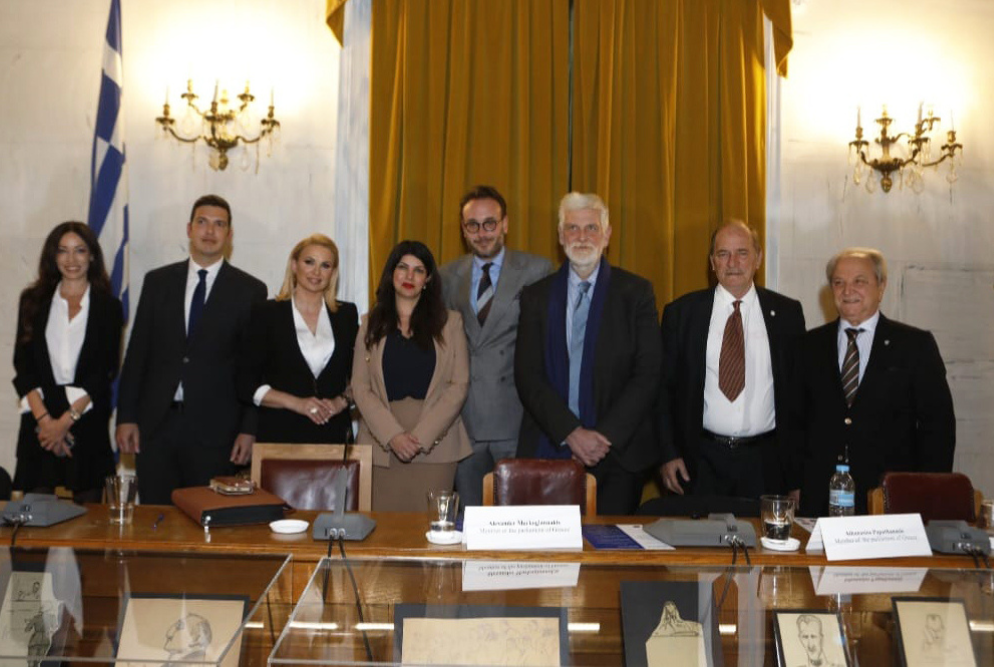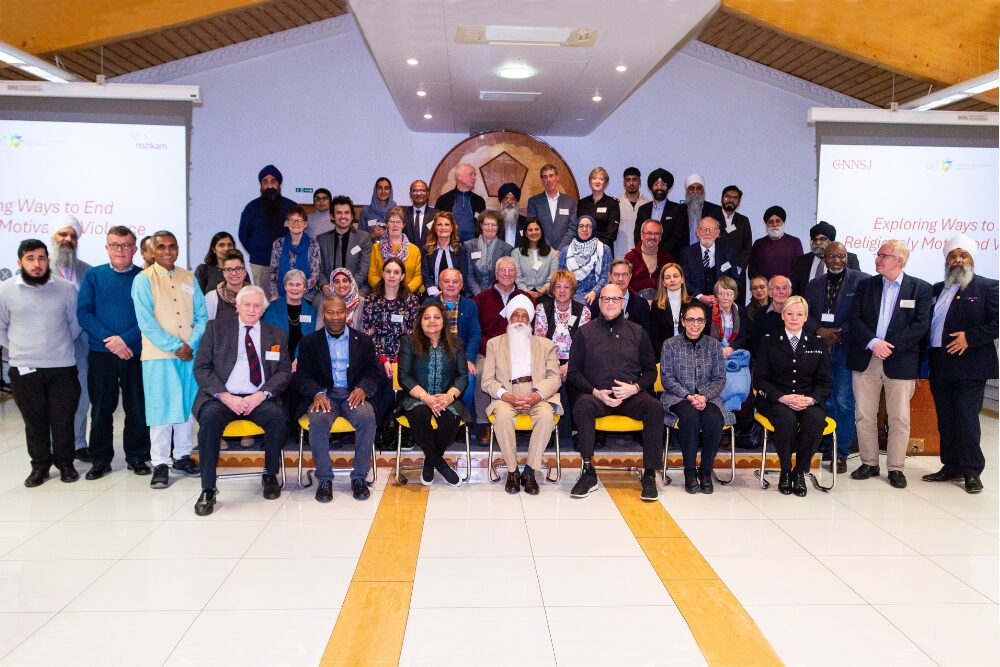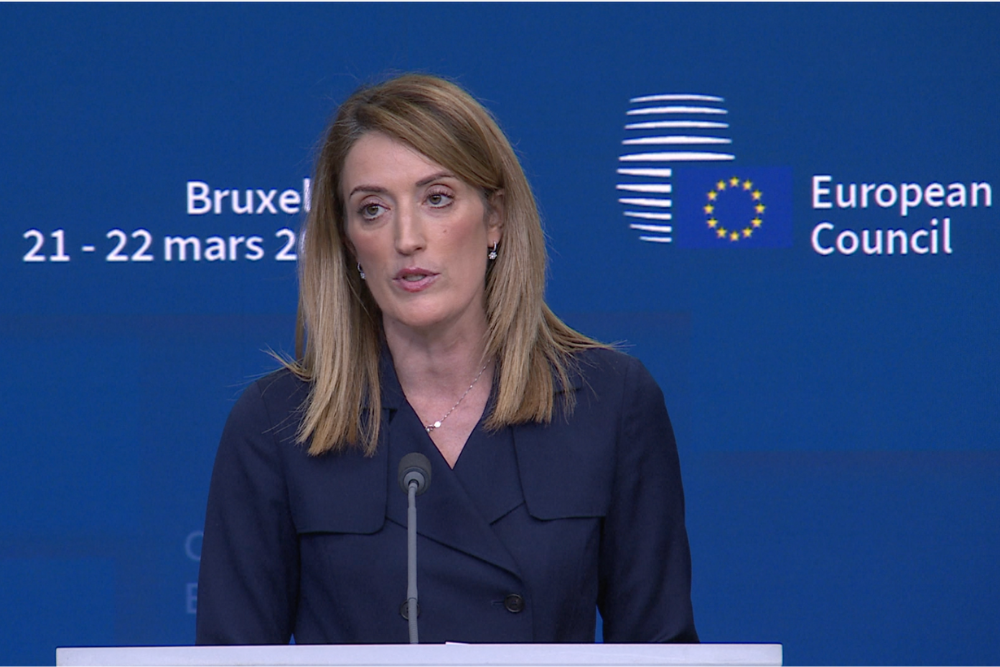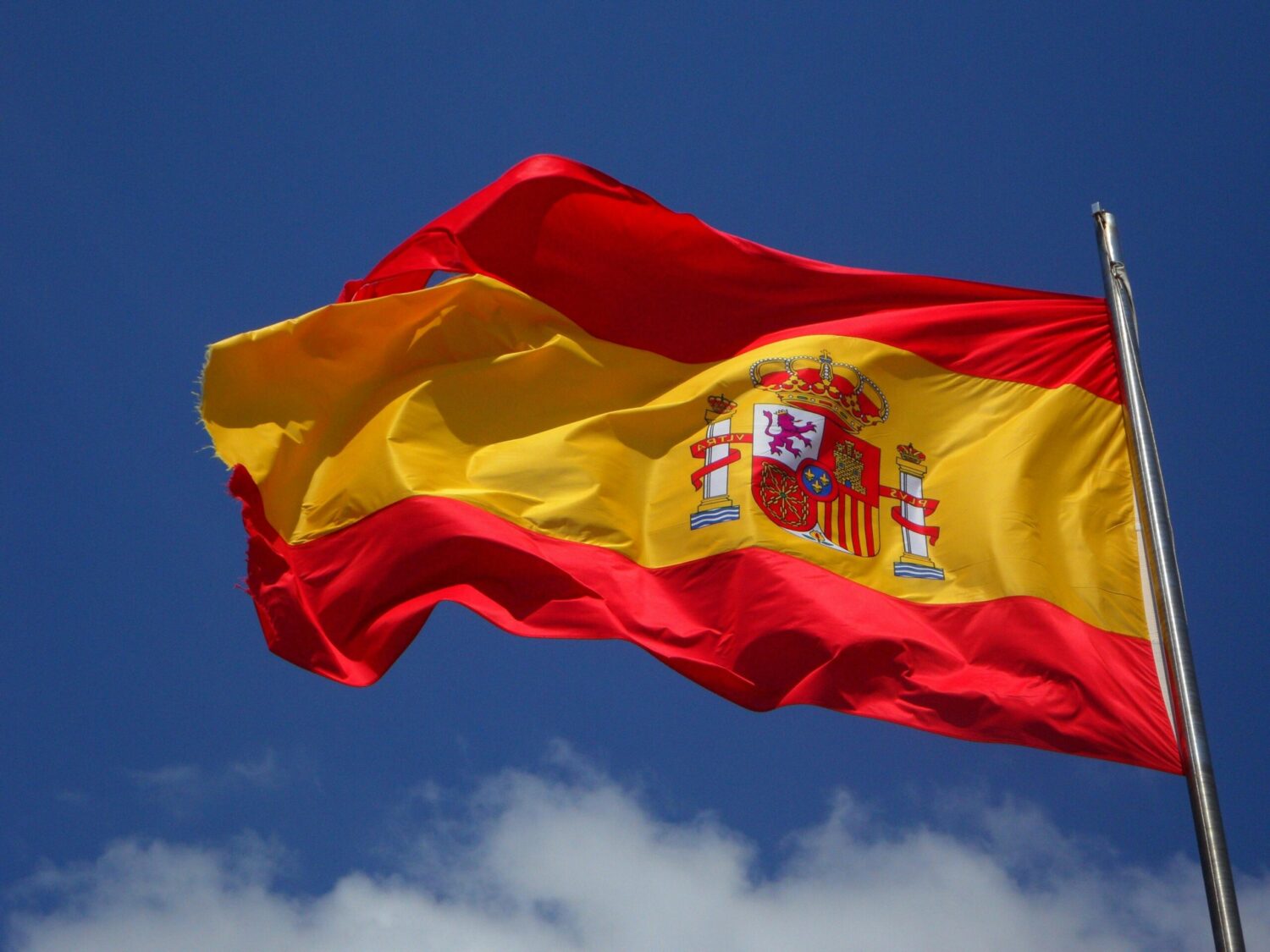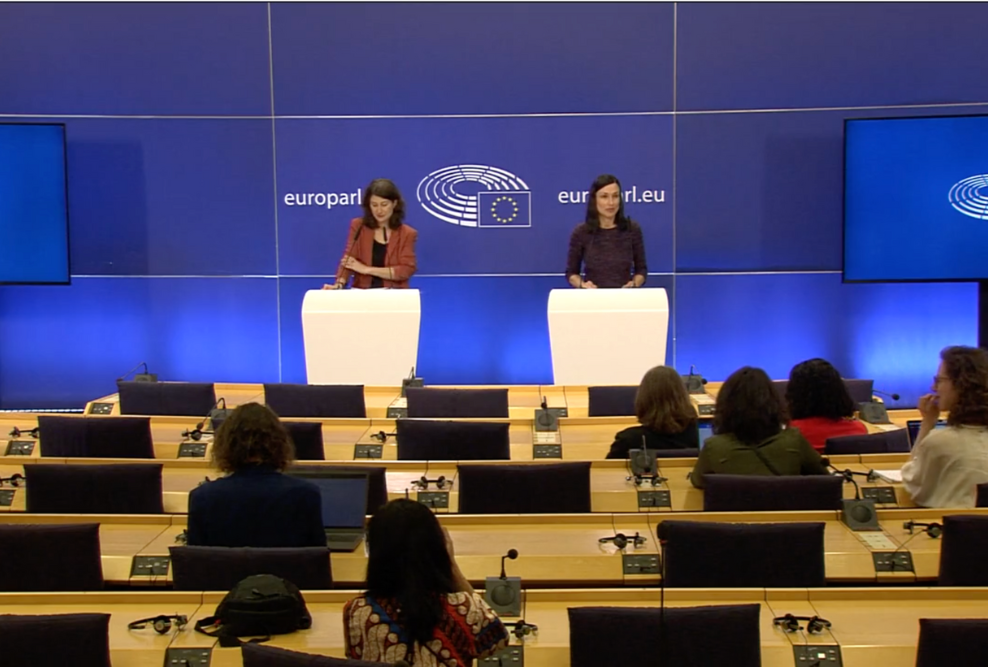By prof. A.P. Lopukhin
Chapter 20. 1-26. The question of the authority of Christ. 27-38. The question of the Sadducees. 39-47. Christ and the Scribes.
Luke 20:1. On one of those days when He was teaching the people in the temple and preaching the good news, the high priests and the scribes stood with the elders
This part corresponds perfectly with the account of the evangelist Mark (Mark 11:27-33), which Luke apparently follows here, as well as with the Gospel of Matthew (see the interpretation of Matt. 21:23-27).
Meanwhile, the news of the new expulsion of the merchants from the Temple reached the Sanhedrin, and its members, after a little recovering from their embarrassment, came to the Temple to demand from the preacher an answer to the questions: “By what authority do you do this? And who gave you this power!” These questions were evidently intended to provoke him to some such statement, which, as had happened before, would give them grounds to accuse him of blasphemy and stone him to death. But this treachery fell upon their own heads (cf. Luke 20, the question of John’s baptism).
Luke 20:2. and they said to Him: tell us, by what authority do You do these things, or who gave You this authority?
Luke 20:3. He answered them and said: I will also ask you one word, and tell me:
Anticipating their evil thought, Christ in divine wisdom told them that He would answer them only if they themselves would first answer His question. This question immediately confused the questioners and there was silence. They fully understood the meaning and purpose of the question.
Luke 20:4. Was John’s baptism from heaven or from men?
Luke 20:5. And they, thinking among themselves, said: if we say from heaven, he will say: why didn’t you believe him?
Luke 20:6. If we say, of men, the whole nation will stone us, because they are convinced that John was a prophet.
“all the people will stone us” – Common execution among the Jews (cf. Ex. 17:4).
Luke 20:7. And they answered: we do not know where he was from.
Blaz. Augustine says: “Truly, you do not know because you are in darkness, deprived of light. Is it not better, when some darkness suddenly appears in a man’s heart, to let in the light instead of driving it out? And when they said, “We know not,” the Lord answered, “Neither will I tell you by what authority I do this (Luke 20:8). For I know that in your hearts you have said, “We do not know” (Luke 20:7), not because you want to learn, but because you are afraid to confess the truth.”
Luke 20:8. Jesus said to them: and I do not tell you by what authority I do this.
Luke 20:9. And he began to speak to the people this parable: a man planted a vineyard and gave it to vinedressers, and went away for a long time;
The parable of the vineyard in the evangelist Luke is similar to the way it is presented in the evangelist Mark (Mark 12:1-12; cf. the interpretation of Matt. 21:33-46).
“And he began to speak to the people.” According to Mark, the Lord spoke the parable to the high priests, scribes and elders (Mark 12:1: “to them”; cf. Mark 11:27), not to the people. But the evangelist Luke probably understands by “the people” also the high priests together with the scribes and the elders. At least from his Gospel it is clear that these persons were also present when the parable was told (cf. v. 19).
Luke 20:10. and in due time he sent a servant to the vinedressers, that they might give him of the fruit of the vineyard; but the vinedressers, having pierced him, sent him away empty.
But despite all that he did for his vineyard, it did not bear any fruit, perhaps only wild fruit. Since the vinedressers could not produce fruit and did not dare to reveal their unproductiveness, for which they were responsible, they insulted, beat, wounded and killed one after another the messengers whom the master of the vineyard sent to them. Finally he sent his son, but this son, whom they recognized and could not but recognize, they also beat, drove out, and killed.
Luke 20:11. He also sent another servant; but they, having beaten and humiliated him, sent him away empty.
He sends various “servants”, i.e. prophets that there might be at least some small profit; for, it is said, He desired to receive “fruits,” not all fruits. What can be our fruit to God but His knowledge? And that is our gain; but He makes our salvation and our benefit His own. The evil workers wronged those sent, beat them and sent them away with nothing, i.e. became so ungrateful that they not only turned away from good and did not bear good fruit, but also committed evil that deserves a greater punishment. (Blessed Theophylact)
Luke 20:12. Send also a third; but they also wounded him and drove him away.
Luke 20:13. Then the master of the vineyard said: what shall I do? I will send my beloved son; perhaps when they see him they will be ashamed.
Luke 20:14. But the husbandmen, when they saw him, reasoned among themselves, saying, This is the heir; let us slay him, that his inheritance may be ours.
Luke 20:15. And when they brought him out of the vineyard, they killed him. What, then, will the master of the vineyard do to them?
“they killed him”. They “killed” the Son by “taking Him out of the vineyard.” It is convenient to say “from Jerusalem” because Christ suffered “outside the gates” (Heb. 13:12). But since by vineyard we understand the people, and not Jerusalem, it is hardly nearer to say that the people, though they killed Him, were outside the vineyard, i.e. not by deliberately putting Him to death, but by handing Him over to Pilate and the Gentiles. Therefore, the Lord suffered outside the vineyard, i.e. not by the hands of the people, for they were not permitted to kill any, therefore He died by the hands of the soldiers. Some have understood the Scriptures by vine. That is, that the Lord suffered outside the Scriptures, that he was killed by those who did not believe Moses. For if they had believed Moses and searched the Scriptures, they would not have killed the Lord of the Scriptures. (Blessed Theophylact)
Luke 20:16. He will come and destroy these vinedressers and give the vineyard to others. And those, hearing this, said: may it not be!
“when they heard this, they said: may it not be”. Obviously, these were people from the common people who realized that the Lord was depicting in the parable the attitude of the Jews towards Him. They say they don’t want the vinedressers to kill the “son”, ie. they were sorry for Christ.
Luke 20:17. But He, looking at them, said: then what does it mean that it is written: “the stone which the builders rejected, it became the head of the corner”?
“what is written means”. More precisely: what then should the sentence from the scriptures about the “stone” mean, if your desire “not to be” comes true, that is, in such a case, the will of God, spoken about Me in the Scriptures, will not be fulfilled.
Luke 20:18. Anyone who falls on this stone will be broken; and on whom it falls, it will crush him.
“everyone who falls” (cf. the interpretation of Matt. 21:44).
Luke 20:19. And at that hour the chief priests and the scribes wanted to lay hands on Him, because they understood that He spoke this parable about them, but they were afraid of the people.
“because they understood”. Who found out? The people or the hierarchs? According to the Evangelist Luke, it is more likely the people who understood that the parable was told about the hierarchs (see verses 16-17). It is as if the evangelist wants to say that the people, who understood the parable indicating the plans of the hierarchs against Christ, were already on the alert, and this is exactly what the hierarchs were afraid of, which is why they did not dare to capture Christ.
Luke 20:20. And as they followed Him, they sent spies, who pretending to be righteous, to catch Him in some word, and then hand Him over to the authorities and the governor’s authority.
The conversation of Christ with the “sly men” about Caesar’s tax is narrated by the evangelist Luke in agreement with the account of the evangelist Mark (Mark 12:13-17; cf. Matt. 22:15-22).
“as they followed Him.” Nevertheless, the hierarchs did not give up their designs and, being constantly on the alert for every deed and word of Christ, sent to Him wicked ones, i.e. conspirators (ἐγκαθἐτους) of them, who, pretending to be pious, i. pretending to act from their own religious necessity, they will catch Christ in some careless word. However, this translation of the Russian text of the Gospel does not fully correspond to the Greek; it is more correct: “they sent learned men, pretending to be pious, to capture Him…”. They wanted to hand over Christ to the principality, and more specifically (κα… – clarifying conjunction) to the power of the procurator.
Luke 20:21. And they asked him, saying: Master, we know that you speak and teach rightly and do not look to the face, but truly teach in the way of God;
“you don’t look at the face”, i.e. you do not belong to any party, but reason impartially (cf. Gal. 2:6).
Luke 20:22. are we allowed to give tribute to Caesar or not?
“to give” poll tax and land tax (φόρον, as opposed to τέλος – duty or indirect tax).
Luke 20:23. And He, realizing their cunning, said to them: Why are you tempting Me?
Luke 20:24. Show me a denarius: whose image and inscription is there? They answered: to Caesar.
Luke 20:25. He said to them: therefore render to Caesar the things that are Caesar’s, and to God the things that are God’s.
Luke 20:26. And they could not catch Him with a word before the people, they were amazed at His answer and kept silent.
Luke 20:27. Then came some of the Sadducees, who maintained that there is no resurrection, and questioned Him, saying,
“some of the Sadducees came” – it is more correct to say: “rejecting the resurrection”, which refers as a definition to “some”. From this it is clear that only some of the Sadducees rejected the resurrection of the dead because it seemed primitive to them.
It is true that some of the rabbis had more lofty ideas about the afterlife, but the majority had the crudest notions in this respect. According to them, the resurrection would be the restoration of men not only to their former bodies, but also to their former tastes and passions; the resurrected would not only eat, drink, and marry, but would also rise in the same clothes they walked in, even with the same bodily features and defects, “so that people could recognize that they are the same people who they knew during their lifetime”.
With all these gross sensual notions, and denying the resurrection in general (the doctrine of it, according to them, was not contained in the Pentateuch of Moses, which they recognized), they came to the Savior with their question.
Luke 20:28. Teacher, Moses wrote to us: if a married man dies childless, his brother should take his wife and raise up offspring for his brother;
They chose from the field of rabbinic casuistry the case of a woman who married seven brothers in succession, each of whom died childless, and wanted to know to which of them she would belong in the resurrection.
Luke 20:29. he had, therefore, seven brothers, and the first, having taken a wife, died childless;
Although imaginary, this case was possible because the law stated that if a husband died childless, his brother had to marry his widow to restore his offspring and carry on his name, and the first-born son of this second brother was recorded as son of the deceased.
Disbelieving in the afterlife and resurrection, and supposing that Jesus, whom they had heard teach of the resurrection, and who held the same views of him as their Pharisaic opponents, they foretold the pleasure of perplexing Him with these perplexing questions, and thus ridiculing Him and His very teaching of the resurrection.
Luke 20:30. that woman took the second; and he died childless;
Luke 20:31. the third took her, – so did all the seven, and they died without leaving children;
Luke 20:32. after all the woman also died;
Luke 20:33. and so, at the resurrection, which of them will she be his wife? because all seven had her as their wife.
Luke 20:34. Jesus answered them and said: the children of this world marry and are given in marriage;
“the children of this century”, i.e. the people of the pre-Messianic period.
Luke 20:35. but those who are worthy to receive that world and the resurrection from the dead neither marry nor are given in marriage,
Luke 20:36. and they can no longer die, because they are equal to Angels and, being sons of the resurrection, they are sons of God.
“and they can no longer die.” It is more correct “because they can no longer die” (οὐδέ γάρ ἀποθανεῖν ἔτι δύνανται). Because of the immortality of the resurrected, their immortality, marriage between them (but not the difference of the sexes) will not exist, since marriage is necessary only where there is death (bl. Theophylact).
“because they are equal to Angels”. This is the reason why they will not die. They will not die by virtue of the change to which their nature is subject, because their equality or likeness to the angels consists in a higher, no longer gross and carnal, corporeality. This physicality will not be subject to death.
“being sons of the resurrection,” i.e. through the resurrection to rise to new life.
“are sons of God”. There is another reason for the immortality of the future life. People will be God’s sons – not only in a moral sense, as God’s beloved children, but also in a higher, metaphysical sense – they will have in themselves the higher divine life, the divine glory (Rom. 8:17), which (life) is eternal naturally.
Luke 20:37. And that the dead will rise, and Moses said it at the blackberry, when he called the Lord the God of Abraham, and the God of Isaac, and the God of Jacob.
“Moses said it at the blackberry”. The word “said” (ἐμήνυσεν, in Bishop Michael Luzinus wrongly read as ἑρμήνευσεν – interprets) means the announcement of the hidden (John 11:57; Acts 23:30). The Lord mentions Moses mainly because those asking him refer to Moses (see verse 28).
Luke 20:38. But He is not the God of the dead, but of the living, for with Him all are alive.
“because with Him all are alive”, i.e. all – to whom He is God – are alive with Him. Even though they are dead, it is for men, with respect to men, but not with respect to God. Thus the future resurrection of the dead is the natural and necessary conclusion of that state of life in which the dead are before the Last Judgment.
Luke 20:39. At this some of the scribes said: Teacher, well said.
“some of the scribes”. According to the evangelist Mark, this was said by a scribe who talked with Christ about the most important commandment (Mark 12:32). As the evangelist Luke has already quoted this conversation above (Luke 10:25, etc.), he here omits it, and mentions only the result of this conversation, the answer of the scribe, or “certain scribes,” as he expresses it.
Luke 20:40. And they no longer dared to ask Him about anything. And He said to them:
“they no longer dared to ask Him about anything”. Here Evangelist Luke also repeats what was reported by Mark (Mark 12:34).
Luke 20:41. how do they say that Christ is the son of David?
“as they say”. See the interpretation to Mark. 12:35-37.
In their blindness they lost sight of the true dignity of the Messiah, and expected to see in Him a political conqueror who would conquer for them the whole world with all its treasures, and since Christ did not live up to these expectations, they declared Him a deceiver, a seducer of the people. To guide them to the truth, Christ asked them, “What do you think about Christ? Whose son is He?” They answered Him: “Son of David.”
Luke 20:42. And David himself says in the book of Psalms: “The Lord said to my Lord: sit at my right hand,
Luke 20:43. until I make Your enemies your footstool.”
Luke 20:44. And so David calls Him Lord; how then is He his son?
Sonship was defined only as an external connection by flesh of Christ with David, while a well-known psalm (Ps. 109:1) shows that David calls Christ (the Messiah) his Lord, who sits at the right hand of God. Thus they should have understood that Christ’s kingdom is not earthly, but heavenly; not realizing this, the learned scribes and lawyers were evidently quite ignorant of what the true dignity of the Messiah consisted. If they understood it, they would see that the signs of the Messiah find a complete correspondence in the person of Jesus of Nazareth whom they were persecuting.
Luke 20:45. And when all the people were listening, He said to His disciples:
“when all the people were listening”. See Mark 12:38-40. The difference between Mark and Luke here is that, according to the former, the Lord’s warning was spoken before and for the people, while according to Luke, it was addressed to Christ’s disciples. This difference can be reconciled in the following way: the Lord spoke in this case aloud to the multitude (Mark), but addressed himself directly to His disciples (Luke).
Luke 20:46. beware of the scribes, who love to walk disguised and love greetings in the marketplaces, front seats in the synagogues, and first places at banquets,
Luke 20:47. who devour widows’ houses, and hypocritically pray long; they will receive a heavier sentence.
“devour the widows’ houses”, i.e. filling his belly and wasting beyond measure. And this is done under a seemingly reverent occasion. Because under the pretext of prayer and spiritual benefit, they teach not fasting, but drunkenness and gluttony, and therefore, says the Lord, “they will receive a heavier sentence”, because they not only do evil, but also cover it up with prayer. Their appearance is reverent, and they turn virtue into a pretext for cunning. Therefore they deserve the greater condemnation, because for their sake the good is condemned. Widows are to be pitied, and they enter their houses, ostensibly to bless them with long prayers. At the same time the widows are forced to incur such expenses on account of their visitation that they are thus ruined. (Blessed Theophylact).
Source in Russian: Explanatory Bible, or Commentaries on all the books of the Holy Scriptures of the Old and New Testaments: In 7 volumes / Ed. prof. A.P. Lopukhin. – Ed. 4th. – Moscow: Dar, 2009. / T. 6: Four Gospels. – 1232 pp. / Gospel of Luke. 735-959 p.



